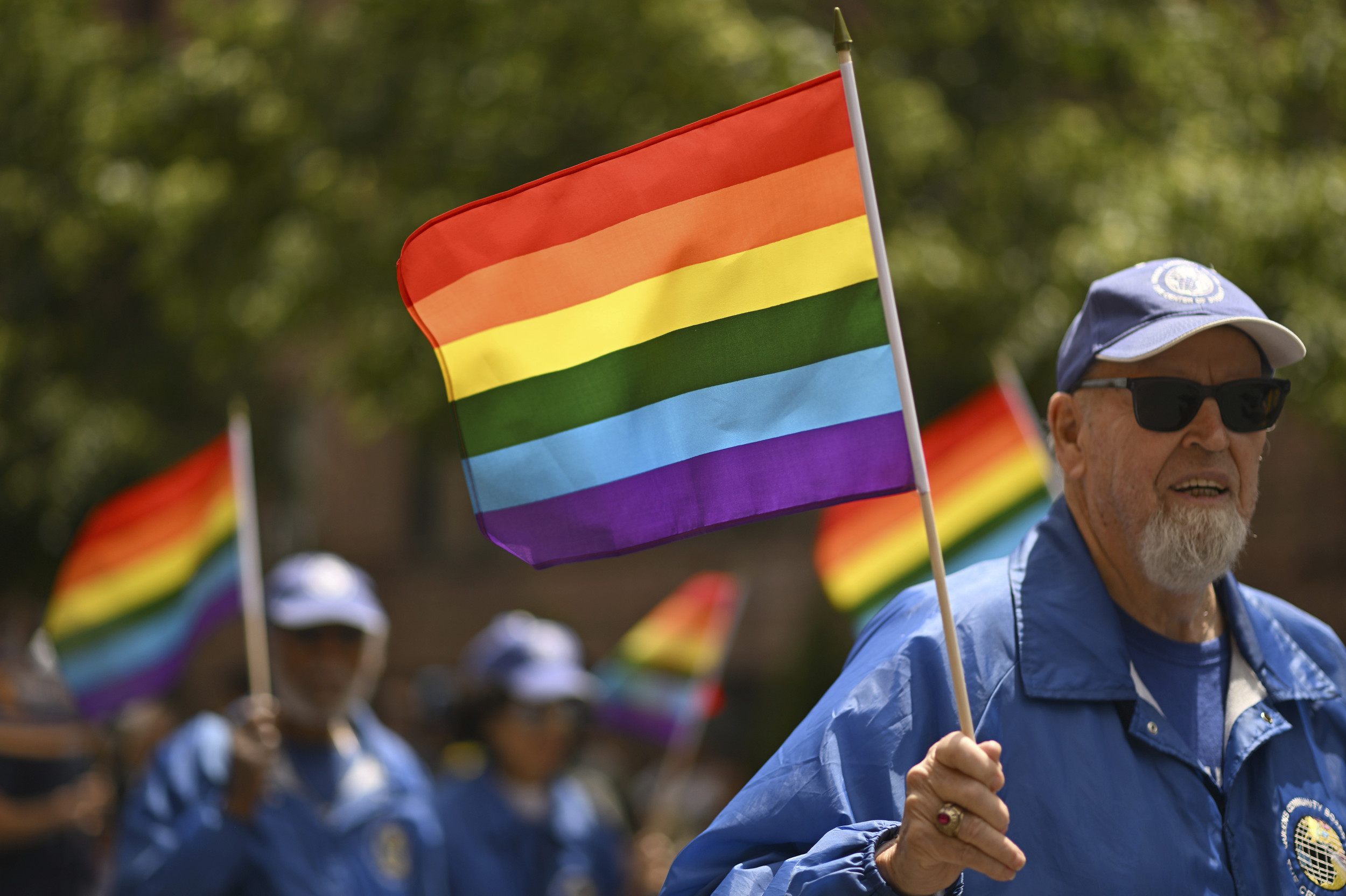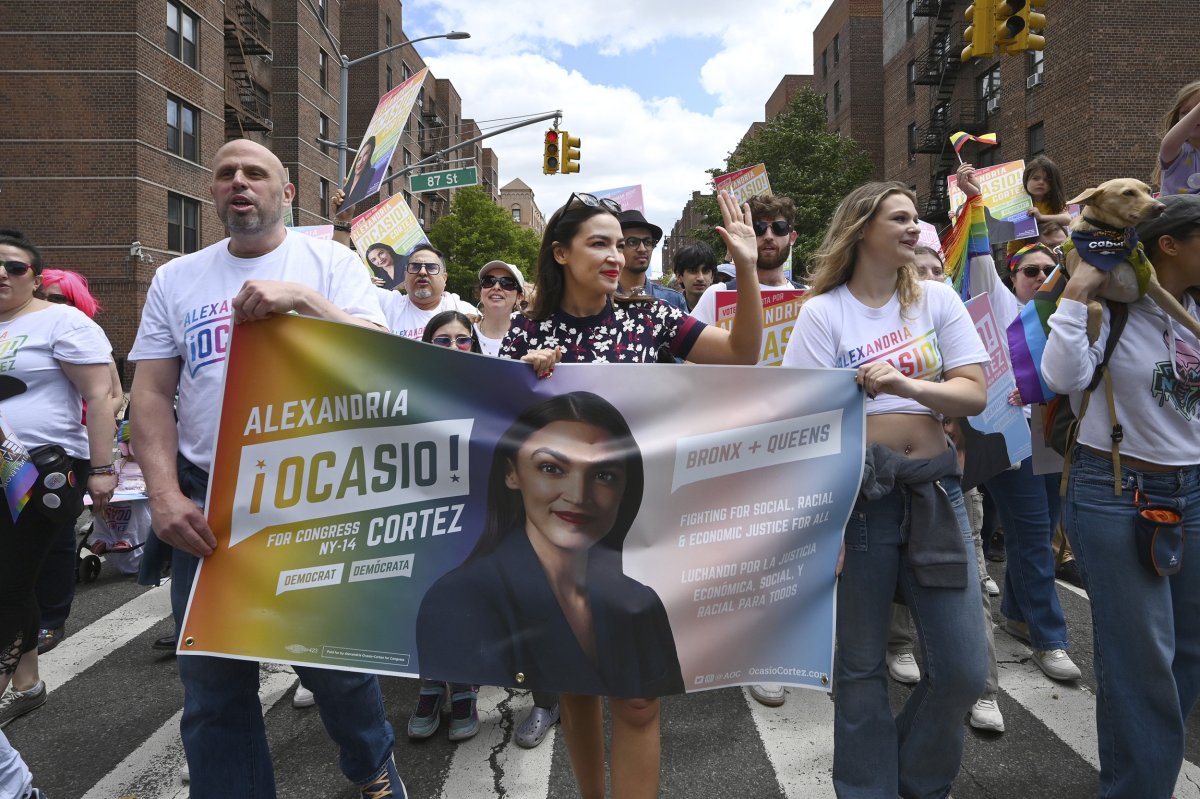
As Pride Month begins, a new report highlights widening disparities in how LGBTQ+ Americans experience safety and equality across the country. From access to health care and legal protections to the tone set by state leadership, conditions vary drastically.
Out Leadership’s 2025 State LGBTQ+ Business Climate Index, now in its seventh year, ranks all 50 states on how welcoming they are to LGBTQ+ residents. The findings come at a time of mounting legislative pressure, with hundreds of anti-LGBTQ+ bills introduced in statehouses nationwide and public debates over flag bans and trans rights intensifying.
The annual index, compiled with input from the Williams Institute and the Movement Advancement Project, serves as a reference for corporate leaders and policymakers.
The Context
Pride 2025 arrives amid a heightened political and legislative backlash against LGBTQ+ rights. Utah became the first state to explicitly ban LGBTQ+ flags from government buildings and schools, Idaho and Montana following suit with restrictions.

Sipa via AP Images/Photo by Anthony Behar/Sipa USA
The flag bans are part of a wider trend—at least 31 flag-related bills have been introduced across 17 states, many of which explicitly or implicitly prohibit LGBTQ+ symbols on public property.
More than 700 anti-LGBTQ+ bills have been introduced in 2025 alone, according to the Movement Advancement Project. Pride organizers say the wave of legislation—coupled with the Trump administration’s federal rollback of diversity, equity, and inclusion (DEI) initiatives—has led major corporate sponsors such as Mastercard, PepsiCo, and Nissan to withdraw support from some of the nation’s largest Pride events.
Despite financial losses and heightened security concerns, organizers in red and blue states insist that Pride celebrations will continue, emphasizing their importance as public expressions of identity and solidarity.
The report aims to help business leaders “understand and respond to these risks and opportunities,” noting that “multinational companies face operational and reputational risks when they do business in places where the legal and/or social atmosphere makes it difficult for LGBTQ+ people to live openly.”
Which States are Ranked the Safest for LGBTQ+ Americans?
The 2025 State LGBTQ+ Business Climate Index underscores a clear geographic trend: states on the West Coast and in the Northeast dominate the top of the rankings, while many Southern and Plains states lag behind.
These states were ranked highest in the State LGBTQ+ Business Climate Index:
- Massachusetts—93.67
- New York—93.67
- Connecticut—92.27
- New Jersey—90.00
- Vermont—89.50
- Rhode Island—89.43
- California—88.57
- Washington—86.53
- Maryland—84.83
- Oregon—83.97
According to the index, Massachusetts and New York tied for first place in 2025, each earning a score of 93.67 out of 100. Connecticut (92.27), New Jersey (90.00), and Vermont (89.50) round out the top five safest states for LGBTQ+ residents.

Photo by Anthony Behar/Sipa USA/AP Images
Many of these states have enacted expansive nondiscrimination protections, bans on conversion therapy, inclusive health care policies, and active support from state leadership. Massachusetts is led by Governor Maura Healey, the country’s first openly lesbian governor, whose administration has prioritized LGBTQ+ equality in policy and practice.
Maryland and Washington, D.C.-adjacent states, also performed well. Maryland’s score rose to 84.83, thanks to robust family support and workplace protections.
Which States are Ranked the Least Safe for LGBTQ+ Americans?
These states were ranked the lowest in the State LGBTQ+ Business Climate Index:
- Arkansas—29.50
- South Carolina—32.15
- Louisiana—33.00
- South Dakota—34.80
- Mississippi—36.60
- West Virginia—37.43
- Oklahoma—37.62
- Montana—38.10
- Missouri—39.03
- Alabama—39.40
Arkansas ranks as the least safe state for LGBTQ+ people for the third consecutive year, followed by South Carolina, Louisiana and South Dakota at the bottom of the rankings. Alabama’s score was slightly higher at 39.40, yet still placed it in the bottom ten.
Many of these states also saw drops due to expanded religious exemptions and bans on updating gender markers on official documents including birth certificates and driver’s licenses. (USA Today)
Oklahoma, which scored just 37.62, has seen a notable increase in residents seeking to relocate, including LGBTQ+ families leaving due to threats or fear of discrimination. Nonprofit organizations such as TRACTION in Washington state and Rainbow Railroad in Canada have seen surging requests for support from LGBTQ+ people in red states. (USA Today)
Out Leadership emphasizes that political leadership is a strong predictor of state scores. In contrast to bottom-tier states, those with inclusive policies often benefit from proactive governance. For instance, Michigan’s rise in the rankings was linked to legislation signed by Governor Gretchen Whitmer expanding hate crime protections.
The index’s authors note that the gap between high- and low-ranking states is widening, creating geographic polarization not just in law, but also in lived experiences.
“While the top ranked states for LGBTQ+ equality broadly are staying strong, the bottom ranked states decreased in score significantly. This continues to signal increasing polarization across the country in political and cultural attitudes toward the LGBTQ+ community,” said Brian Sims, Managing Director, Public Policy and Government Affairs for Out Leadership.




